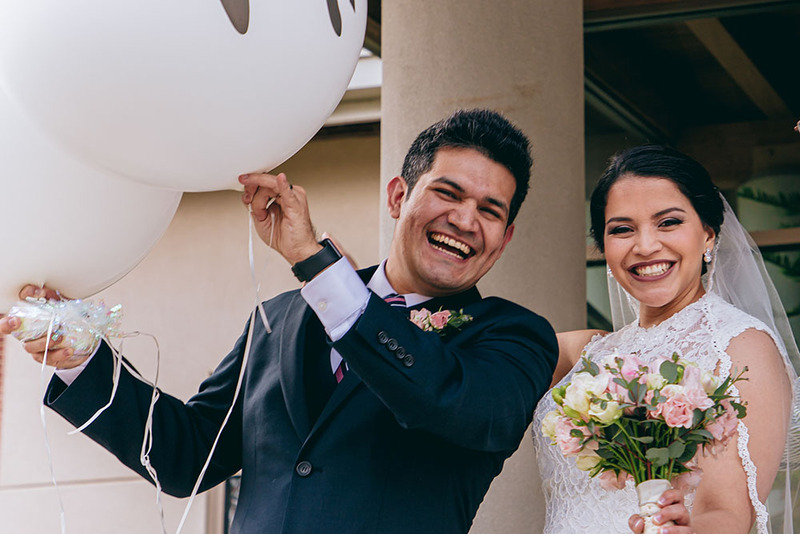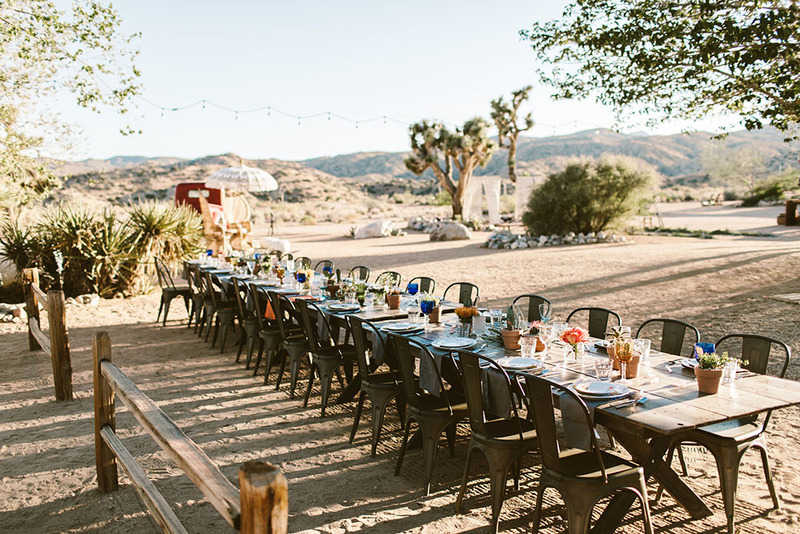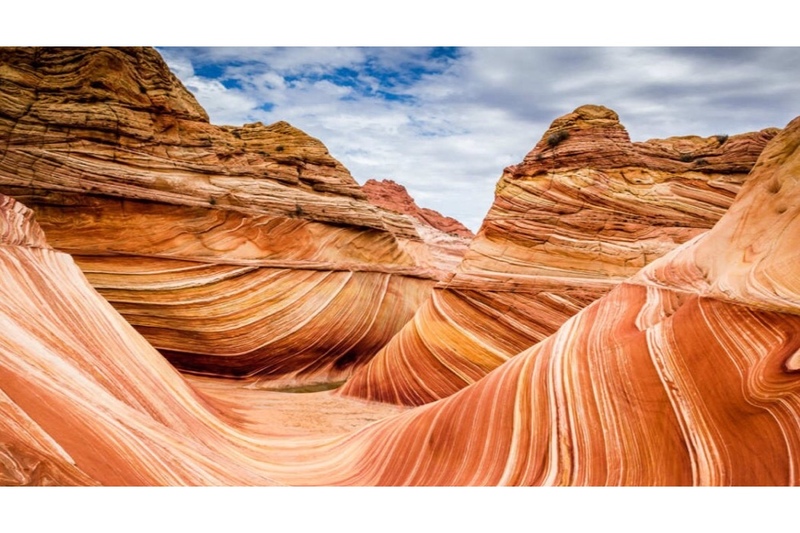AMERICAN WEDDINGS BLOG
Stay up to date with the latest wedding ceremony trends, script writing inspiration, tips and advice for first-time officiants, and news that matters to couples and wedding ministers.
Stay up to date with the latest wedding ceremony trends, script writing inspiration, tips and advice for first-time officiants, and news that matters to couples and wedding ministers.
Published Friday, Jul. 22nd, 2022

With stunning sunsets, ethereal desert vistas, towering cacti, and sparkling (hot) cityscapes, Arizona offers romantic backdrops of every kind. Add in four seasons of sunny skies and hip local culture, and it’s easy to see why this Southwest state is a popular destination for weddings all year round!
Applying for a marriage license in this Southwestern state will look different in each county, so it’s important to get a head start on the planning process to avoid unnecessary stress. With this in mind, we’ve compiled a short guide to help you begin.
Asked to officiate a wedding in Arizona? Scroll down for helpful links.

Get married in Arizona!
Got one? Whew! There will be a few more boxes to check, but the hardest part’s over.
A wedding officiant is the person who conducts your ceremony and signs the marriage license, making things legal.
A friend or relative can perform your wedding ceremony if they’ve been ordained.
If you want to hire a professional, the state has many qualified independent officiants to choose from. The following people are authorized to solemnize marriage in Arizona:
Duly licensed or ordained clergymen; Various judges and justices; Justices of the peace (§ 25-124)
(Find a detailed list of officiants and more Arizona marriage laws here.)

Head to beautiful downtown Phoenix to purchase a marriage license in Maricopa County,
then use your license anywhere in the state
Arizona is home to the other-wordly beauty of Sedona’s red rocks, the majestic Grand Canyon, ethereal desert landscapes, and thriving indie arts and music scenes in cities like Phoenix, Flagstaff, and Tucson – making it a favorite for destination weddings of every kind.
Whether you’re dreaming of a big to-do or a romantic elopement for two, there’s something for everyone!
Popular dates, venues, and officiants book up fast, so start early. And remember you’ll need permission (and a permit) to use a public space, such as a city park or recreational area. Permits can take weeks to process, so factor this into your timeline, too.
Alright, time to make sure your wedding’s legal! Arizona offers two types of marriage license: a standard marriage license and a covenant marriage license. The process to apply for each type of license is the same.
We’ll break down each part of the marriage license process, one step at a time:
For both standard and covenant marriage licenses: You’ll apply for your marriage license at the courthouse through the Clerk of the Superior Court or Justice Court’s Office. You don’t need to be an Arizona resident to marry there.
Requirements to Apply:
If you’re planning a wedding anywhere in Arizona, we recommend contacting the clerk closest to your venue to learn more as these requirements can vary by county.
Both a standard marriage license and a covenant marriage license will cost about $83. Some offices will only accept certain forms of payment (check, cash, money order), so plan ahead! There’s no fee to register your marriage after the ceremony.
There is no waiting period between the time you receive your license and when your ceremony can take place.
An Arizona marriage license can be used in any county in the state, and expires 1 year (365 days) after it’s issued.
The license must be signed by each party to the marriage, two adult witnesses, and the marriage officiant following the ceremony. Your wedding officiant must return the license in the same county in which it was issued within 30 days.
The license must be returned no more than 30 days after the ceremony.

The perfect backdrop for an unforgettable southwest wedding celebration
Once you’ve chosen a date, a venue, and have your marriage license details worked out, you’ll be ready to meet with your wedding officiant to plan the ceremony!
This is when things start to come into focus. You’ll talk about the tone of your ceremony, the ‘vibe’ you want to create for your guests, and any special elements and unity rituals you want to include. You and your officiant might meet a few more times to exchange more ideas, fine-tune a script, or rehearse the ceremony leading up to the wedding day.
AMM’s website is full of resources to help you decide what kind of ceremony you want, tips on working well with your officiant, and advice on keeping your ceremony authentic and on budget.
Visit Articles for Couples on our American Weddings blog, or browse general articles by category or keyword.
Aside from yourselves, the most important thing you’ll bring with you on the wedding day is your marriage license -- because no license means no marriage. Your officiant won’t be able to perform the wedding without having a license present (even if you have it at home), so make sure it’s with you.
After the ceremony, you and your officiant will sign the license, along with two adult witnesses.
For tips on how to complete the license, head here.
After it’s signed, your officiator must record it with the Clerk of Court’s office before the end of the 30 day return period. Check with your county for the most up-to-date details.

Congratulations!
We’ve got everything you need to understand the state’s licensing and registration requirements, any ministry credentials and paperwork you might need, and helpful tips for several cities in the state, including Phoenix, Flagstaff, Surprise, Tempe, Tucson, and more.

The Wave, a natural rock formation in Arizona that resembles a Martian landscape
Photo via TheWave.info
from Get Married on Mars*: Plan an Out of This World Destination Wedding
Become a Wedding Officiant with Our Free Online Ordination!